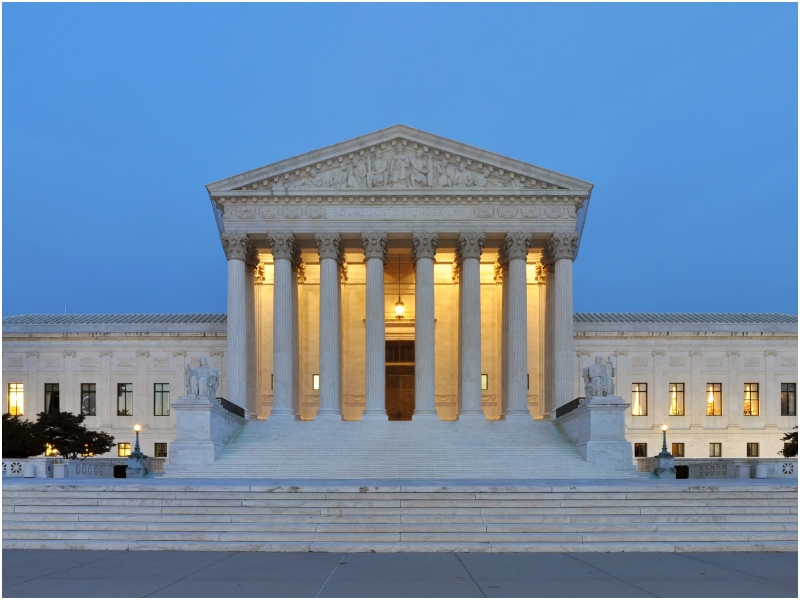In a pivotal legal battle with profound implications, the U.S. Supreme Court heard nearly two hours of oral arguments on Tuesday regarding a case seeking to ban the FDA-approved abortion drug, mifepristone.
The majority of justices expressed skepticism toward the arguments presented by the plaintiffs, the Alliance For Hippocratic Medicine, suggesting potential implications for Black and marginalized communities.
Key among the justices was Ketanji Brown Jackson, who raised concerns about the plaintiffs’ claim of injury versus the remedy sought.
Justice Jackson pointed out a “significant mismatch” between the alleged injury of the plaintiffs—being forced to participate in abortion procedures—and the remedy they seek.
The plaintiffs, primarily anti-abortion doctors, argue for nationwide injunctions or new restrictions on mifepristone to avoid being compelled to treat abortion patients in emergency situations. However, federal law already grants doctors the right to opt out of providing abortion care.
U.S. Representative Jasmine Crockett of Texas criticized the case, stating that the plaintiffs lacked evidence of harm to bring the suit forward. She emphasized that the plaintiffs have not been aggrieved and deemed the case “very sloppy.”
Legal experts, including Julia Kaye of the ACLU Reproductive Freedom Project, echoed Crockett’s sentiments. Kaye warned that a ruling in favor of the anti-abortion doctors could significantly restrict access to mifepristone, especially for marginalized communities.
Singh, a senior reproductive justice attorney, expressed concern about the trend to undermine legal principles and the potential consequences of limiting access to mifepristone.
Mifepristone, approved by the FDA in 2000, is often paired with misoprostol to terminate pregnancies up to 10 weeks. Its popularity has surged following states enacting strict anti-abortion laws, prompting patients to seek the drug through mail or travel.
The Supreme Court is expected to issue a ruling by late June. While hopes remain high for a dismissal of the case, experts warn of continued efforts by anti-abortion politicians to restrict access to mifepristone nationwide.

